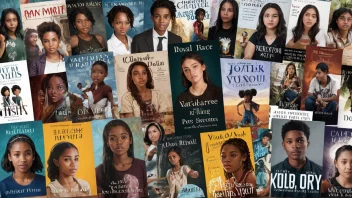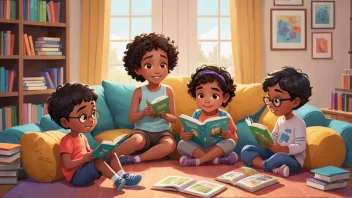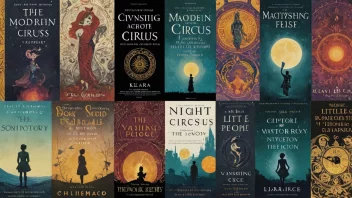1. Pride and Prejudice by Jane Austen
This timeless novel explores the themes of love, social class, and morality. Through the eyes of Elizabeth Bennet, readers gain insight into the complexities of human relationships and societal expectations. The character development of Mr. Darcy and Elizabeth allows readers to understand biases and the importance of perspective.
2. To Kill a Mockingbird by Harper Lee
Set in the racially charged American South, this novel tells the story of Scout Finch and her father, Atticus. Through their experiences, readers are invited to confront issues of racial injustice and moral growth. The narrative encourages empathy for those who are marginalized and fosters a deeper understanding of human rights.
3. The Great Gatsby by F. Scott Fitzgerald
Fitzgerald’s masterpiece captures the essence of the American Dream and the disillusionment that often accompanies it. Through the lens of Nick Carraway, readers witness the lives of Jay Gatsby and Daisy Buchanan, prompting reflection on ambition, love, and loss. This novel encourages readers to empathize with the characters' desires and disappointments.
4. 1984 by George Orwell
A dystopian classic, 1984 offers a chilling representation of totalitarianism and the loss of individuality. Readers are led to empathize with the protagonist, Winston Smith, as he navigates a world of oppression and surveillance. The book serves as a powerful reminder of the importance of freedom and the dangers of unchecked authority.
5. The Diary of a Young Girl by Anne Frank
This poignant memoir provides a deeply personal perspective of life during the Holocaust. Anne Frank’s reflections on her hopes, dreams, and fears allow readers to connect with her as a young girl facing unimaginable circumstances. This work not only fosters empathy but also serves as a reminder of the resilience of the human spirit.
6. The Grapes of Wrath by John Steinbeck
Steinbeck’s novel follows the Joad family as they migrate west during the Great Depression. Through their struggles, readers gain insight into the plight of those affected by economic hardship. This compelling narrative fosters understanding of social injustice and the importance of compassion in times of crisis.
7. Beloved by Toni Morrison
In this haunting tale of slavery and its aftermath, Morrison explores the complexities of motherhood and trauma. Through the character of Sethe, readers are invited to confront the painful legacy of slavery and the enduring impact of loss. This novel encourages a deep emotional connection and understanding of historical injustices.
8. Frankenstein by Mary Shelley
This groundbreaking novel raises questions about creation, responsibility, and alienation. Readers are drawn into the tragic story of Victor Frankenstein and his creature, prompting reflection on the consequences of scientific ambition and the need for acceptance. This tale compels readers to empathize with both creator and creation.
9. Jane Eyre by Charlotte Brontë
Brontë’s novel presents a strong, complex female character who seeks autonomy and love. Through Jane Eyre’s journey, readers grapple with themes of social class, gender, and moral integrity. This work fosters empathy as readers witness Jane's struggles against societal norms and her quest for belonging.
10. The Catcher in the Rye by J.D. Salinger
This novel captures the angst and alienation of adolescence through the eyes of Holden Caulfield. Readers experience his internal struggles and search for authenticity in a seemingly phony world. Salinger’s portrayal of teenage disillusionment allows for a deeper understanding of the challenges young people face.
In Summary: Classic literature serves as a powerful tool for enhancing empathy and understanding. Through the diverse experiences of characters in these ten significant works, readers are invited to explore complex social issues, moral dilemmas, and the richness of human emotion. Engaging with these texts not only fosters a love of reading but also cultivates a deeper awareness of the world around us.






